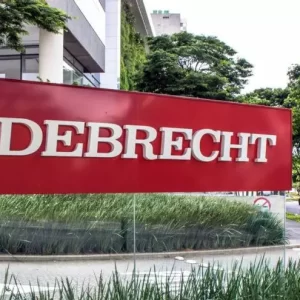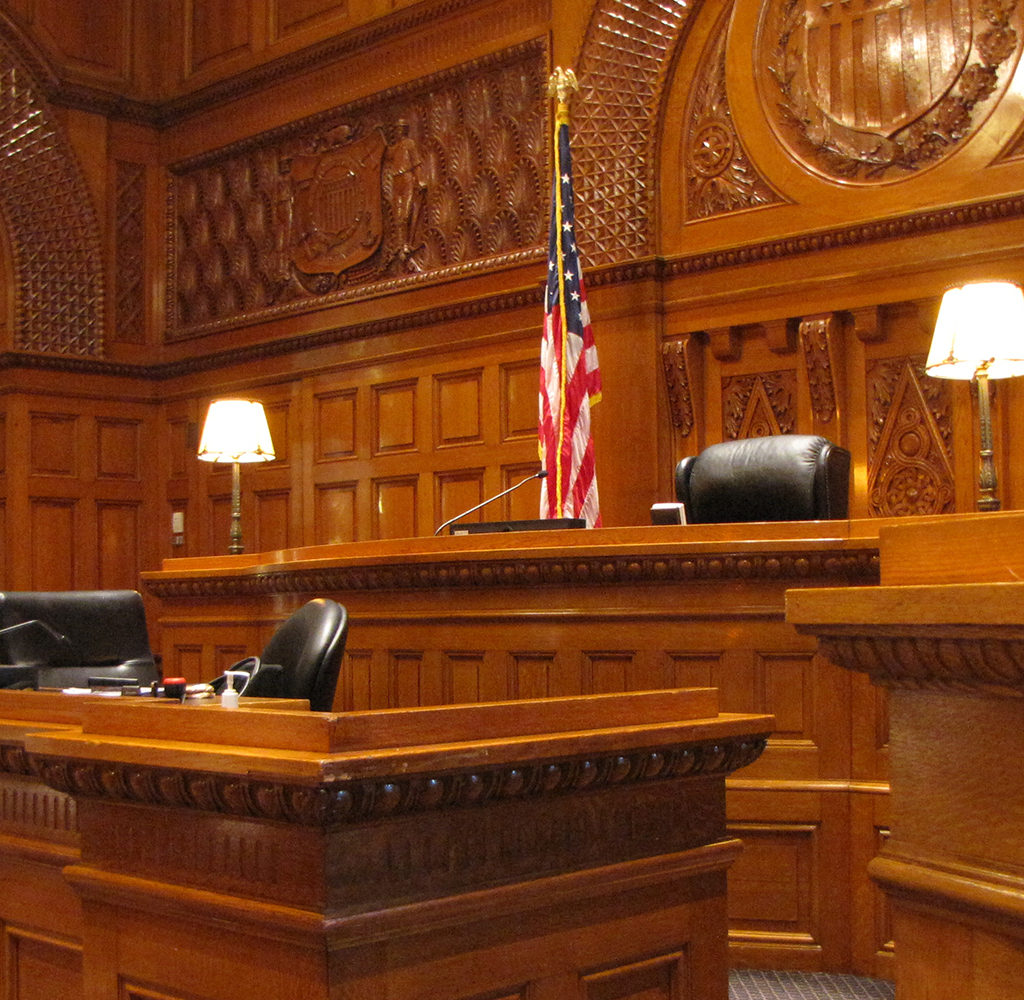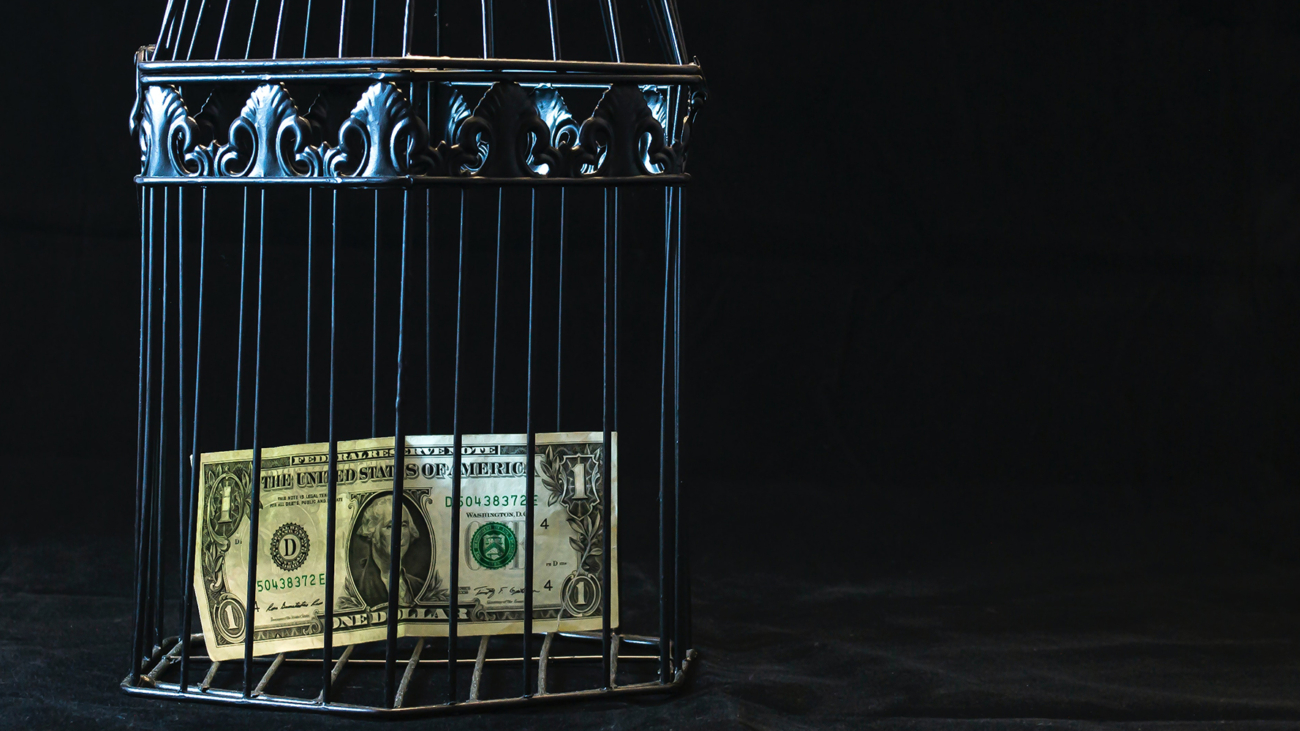 Global Investigations Review Covers Feldman Firm Client in Odebrecht Money Laundering Case
Global Investigations Review Covers Feldman Firm Client in Odebrecht Money Laundering Case
Today, Global Investigations Review covered the Firm’s client:Peruvian-couple-asks-to-speed-up-Odebrecht-linked-forfeiture-case-Global-Investigations-Review.pdf
A Peruvian couple wants to speed up US forfeiture proceedings targeting a bank account that prosecutors say is linked to a decade-old bribery scheme at Brazilian construction group Odebrecht.
US prosecutors asked to forfeit the bank account in 2019 on grounds that it was among several used to launder $14 million in bribes paid by Odebrecht to Latin American officials for lucrative construction contracts.
More than six years later, the owners of the bank account, Gonzalo Eduardo Monteverde Bussalleu and Maria Isabel Carmona Bernasconi, say it’s more than time to move the case along.
In a 29 May filing, Andrew Feldman, a lawyer for the couple, urged US District Judge William Kuntz to schedule an in-person status hearing for late June to discuss the “direction” of the case and allow oral argument on pending motions, as well as to set a pretrial and trial schedule.
“This case is 6 years old, and the assets freeze is nearing its 8th birthday,” said Feldman, a solo practitioner in Miami. “In person hearings have never been set in this case, no pretrial deadlines have been set, no trial date has been set,” he said.
Feldman said that some pending motions, including two to dismiss the case, were filed more than 900 days ago. The DOJ has asked to appear remotely and has not agreed to any pretrial dates or a trial date, Feldman said in the filing, adding that he believes an in-person hearing is “critical”.
“When the US government deprives someone of millions of dollars in assets through civil forfeiture then after 8 years they should be ready to prove their case,” the lawyer told GIR in an email. Since the account was first seized in 2017, “the government has demonstrated no intent to ever proceed to trial or even physically appear for a hearing”, he added.
Monteverde and Carmona have never been charged with a crime “anywhere in the world”, though Peruvian authorities have “opened and closed investigations” into the couple over the course of 15 years, he added.
Feldman has long complained about delays in the case.
Between April 2019 and September 2022, the case was stayed at prosecutors’ request to protect the DOJ’s investigation into the Odebrecht bribery scheme. In November 2022, Feldman argued that the delay violated his clients’ due process rights, adding that the “substantial deprivation” of their property is “inherently prejudicial” to the couple and impacted their ability to defend themselves in the case.
The couple’s bank account is currently held at Florida-based wealth management firm Raymond James & Associates and controlled by Deltora Enterprises Group, a company that is incorporated in the British Virgin Islands and owned by the couple, according to a court declaration by Monteverde.
In their 2019 complaint, prosecutors said their request to forfeit the couple’s assets is predicated on violations of the FCPA andPanamanian criminal code.
Odebrecht entered into a multibillion-dollar resolution with US, Swiss and Brazilian authorities in 2016 to settle its role in a briberyscheme that spanned 12 countries, including Peru.








